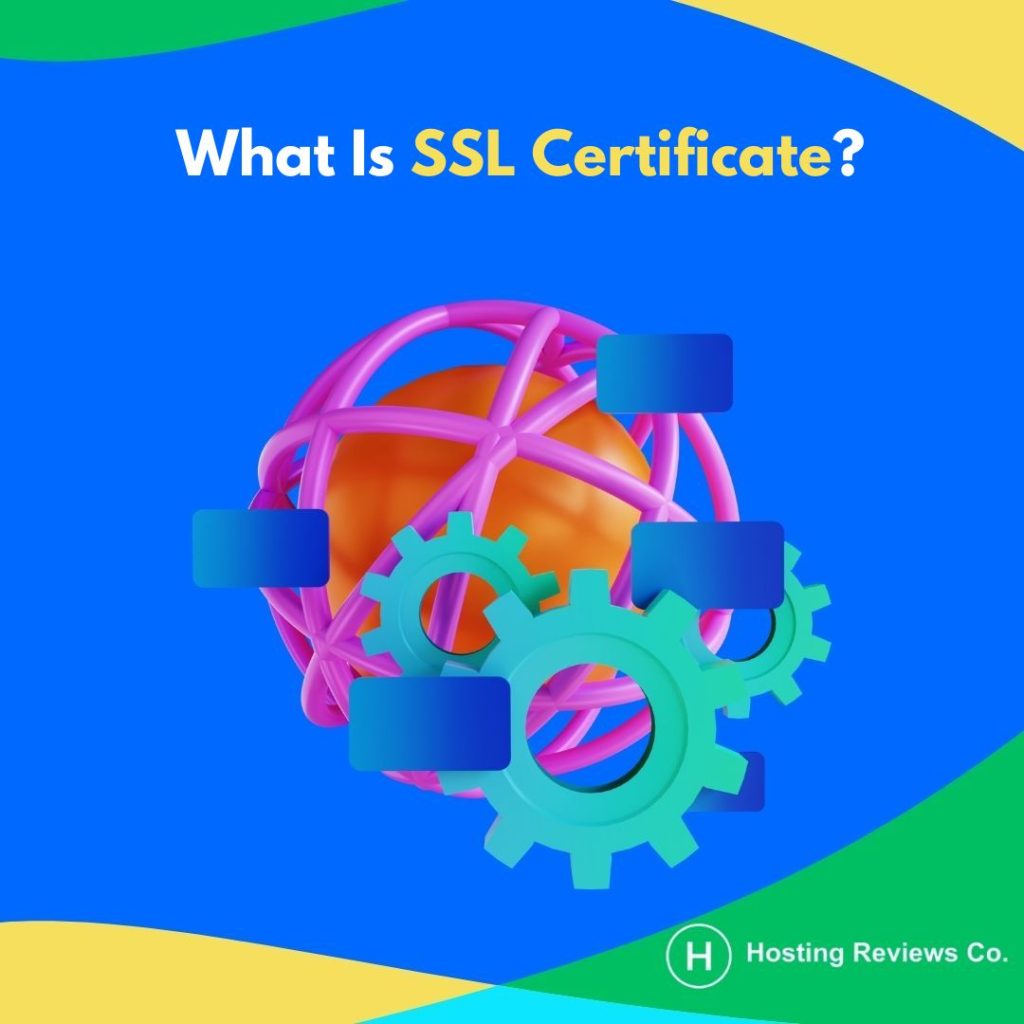Visitors trust what they can see. And that little padlock icon? It speaks volumes about your site’s credibility. But what is SSL certificate, and why does it matter so much today? Here’s what every developer needs to know.

Why SSL Is More Than Just a Security Badge
An SSL certificate does more than encrypt data. It tells users, “This site is safe.” That message builds trust fast.
Without it, browsers label your site as “Not Secure.” As a result, users bounce, conversions drop, and SEO suffers.
Search engines now consider SSL a ranking factor. So even beyond security, it supports your visibility and reach.
Understanding What an SSL Certificate Really Does
At its core, an SSL certificate acts like an ID card. It proves your site is authentic—not a fake or clone.
When someone lands on your site, their browser checks this ID. If valid, encrypted communication begins instantly.
This encryption ensures no third party can read, tamper with, or steal the data exchanged. That includes login forms, email signups, and transactions.
The Real Answer to “What Is SSL Certificate?”
Think of it as the handshake that turns strangers into trusted users. It’s installed on your server, issued by a certificate authority.
Once active, it turns HTTP into HTTPS—securing the entire data path between user and server.
Without it, you’re exposing visitors to interception, phishing, and identity theft. That’s never a risk worth taking.
Different Types of SSL Certificates for Different Needs
Not every website needs the same level of SSL protection. As developers, we encounter varied client expectations—some want quick security, others demand visible trust indicators. That’s where choosing the right SSL certificate becomes essential.
DV (Domain Validated) – For Basic Projects
DV certificates offer the fastest, simplest level of encryption. You only need to prove ownership of the domain, and the certificate can be issued almost instantly. This makes it perfect for smaller projects like portfolios, personal blogs, or basic landing pages where privacy matters but identity verification isn’t a priority. It activates HTTPS and secures user sessions, but doesn’t display business information.
Best for:
- MVPs and early-stage startups
- Personal blogs
- Portfolio websites
- One-page marketing campaigns
OV (Organization Validated) – For Business Sites
OV certificates strike a balance between simplicity and credibility. They verify both domain ownership and the legitimacy of the business behind it. While users won’t see the company name in the browser bar, the validation adds a subtle but important layer of trust. This option suits small to mid-sized businesses where brand reputation and secure communication go hand in hand.
Best for:
- Small-to-medium businesses
- Professional service sites (e.g., lawyers, consultants)
- B2B platforms that handle client logins or customer data
EV (Extended Validation) – For High-Stakes Conversions
EV certificates provide the highest level of assurance available. They involve strict vetting, including verifying the legal, operational, and physical existence of the business. In return, they display the business name in the browser (in some browsers), making the website appear instantly credible. This type is ideal for websites where user trust directly affects performance—think e-commerce platforms, financial services, or health portals handling sensitive data.
Best for:
- E-commerce platforms
- Fintech or insurance startups
- Enterprise sites handling sensitive data
- Brands that rely on high customer trust for conversions
Developers: Don’t Just Install—Optimize SSL
Once SSL is live, your job’s not over. Redirect all pages to HTTPS. Scan for mixed content warnings. Test for certificate expiry.
Always enable HSTS to ensure future visits stay encrypted. Then audit your config using online tools to confirm best practices.
SSL impacts performance too. So choose a host with HTTP/2 or QUIC support to keep your site fast and secure.
If you’re working with WordPress, check our picks for the Best WordPress Hosting for Developers. We cover hosts that offer built-in SSL, Git deployment, and performance tuning.
Is SSL the Same as TLS?
Not exactly. SSL is the older standard, now largely replaced by TLS. But people still say “SSL” for familiarity.
Today’s certificates actually use TLS. Still, the term SSL remains popular—and that’s what browsers show users anyway.
To understand how this encryption works under the hood, check out our in-depth article on the Secure Socket Layer protocol—it breaks down the full handshake process and cryptography behind it.
Do Free SSL Certificates Really Work?
Yes—for many projects. Let’s Encrypt offers free DV certificates that work well for blogs and low-risk sites.
However, enterprise platforms or payment gateways should consider OV or EV for stronger trust signals and support.
Free options often lack warranties and extended validation. So, evaluate your risk before settling on a free solution.
Final Thoughts: Why Every Developer Should Understand SSL
If you’re serious about building secure, high-performing sites, SSL can’t be an afterthought.
It protects users, boosts SEO, and strengthens brand reputation—all with a simple certificate. Now that you know what is SSL certificate, use it to your advantage.
Because nothing drives users away faster than an unsecured connection.

Leave feedback about this